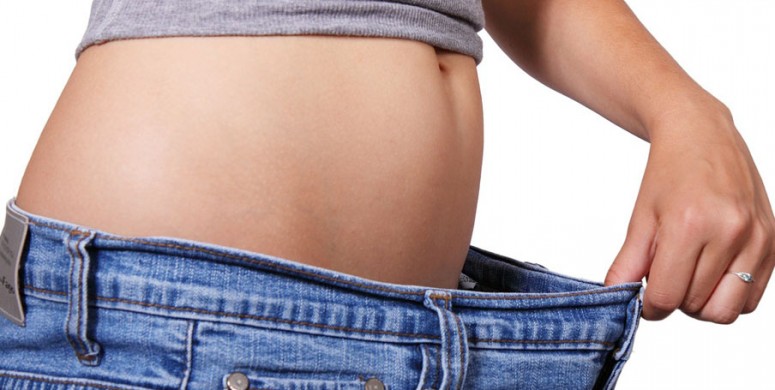The Difference Between Eating and Feeding
If you are struggling to change your dietary habits it can help to distinguish between eating and feeding. Making this distinction and being aware of when you are doing one or the other is a good way to rationally look at why you are consuming food. This distinction is not something that comes naturally to many of my Glasgow personal training clients. This is important because the consumption of food and drink is not always a rational act. The harder you find it to establish good dietary habits the more likely it is that you have lost control of your dietary decision making to your unconscious mind. To successfully lose weight your diet has to be completely controlled by your conscious rational mind. Stopping and thinking rather than acting on impulse can help you cut out the junk calories that made you fat in the first place.
So how can you tell the difference between eating and feeding? After all eating is eating, right? There are many ways to distinguish between the two states. Feeding is a physiologically driven instinct because your body needs you to do it. Eating is psychologically driven and happens because your brain compels you to do it. Feeding brings the longer term sensation of satisfaction from putting food in your stomach and feeling "full" where eating is about the short term buzz from putting something tasty in your mouth. Feeding is a product of evolution, an ancient primal force that has always been a part of human existence. Modern eating is a born out of companies business practices to maximise profitability by combining addictive processed foods with mass marketing campaigns.
Feeding is a rational need driven by genuine hunger while eating is irrational and can normally be categorised as either emotional or recreational. Emotional eating is usually driven by stress or food addiction, indicated by "craving" specific foods, while recreational consumption happens due to convention, habit or boredom. So the next time you fancy a big bag of popcorn at the cinema, find yourself raking about in your kitchen cupboards because you are bored, taking a detour to the kebab shop on your way home from the pub on Friday night or digging out a big bar of chocolate because you had a hard day at work you have to realise that you are about to do some counterproductive "eating", recognise it is your brain and not your body that is driving you to do it and that eating never makes the situation better in the long term, only worse. When you can step back and identify the differences between eating and feeding you are much more likely to stop what you are doing and make the decision that will move you towards your weight loss goal, not further away from it.
-
The Sugarless Candy Weight Management Secret
Most of us have been on a calorie-reduced diet before. For a few d
-
Useful Tips On Acupuncture And What It Does For Anyone
The recorded history of China clearly reveals how acupuncture was
-
Discover Natural Solutions At Greensboro Weight Loss.
Obesity and weight problems are one of the top health concerns in many
-
Healthy Diets Is This The Worlds Healthiest Diet
The Japanese enjoy one of the healthiest diets on earth. Japans popula
-
Stressful Eating
In today’s trying times everyone seems to be under a great de
-
Breaking Down The Desire To Be Thinner
Golda Poretsky, HHChttp://www.bodylovewellness.com Listen to the po
- DON'T MISS
- Do You Love to Eat? That’s OK! It’s a Key to Permanent Weight Loss
- Why You Are Not Losing Weight
- Having A Weight Loss Plan
- 5 Tips On How To Lose Weight - The Right Way (You Can Do This)
- 5 fat loss myths that you must not ignore!
- Weight Loss Motivation Mastering The Motivation To Stay Fit
- Best Ways to Help your Spouse Lose Weight
- How To Find The Best Weight Loss Program For You
- Diet And Exercise Tips Lose Facial Fat
- Practical Tips For Lasting Weight Loss Success




